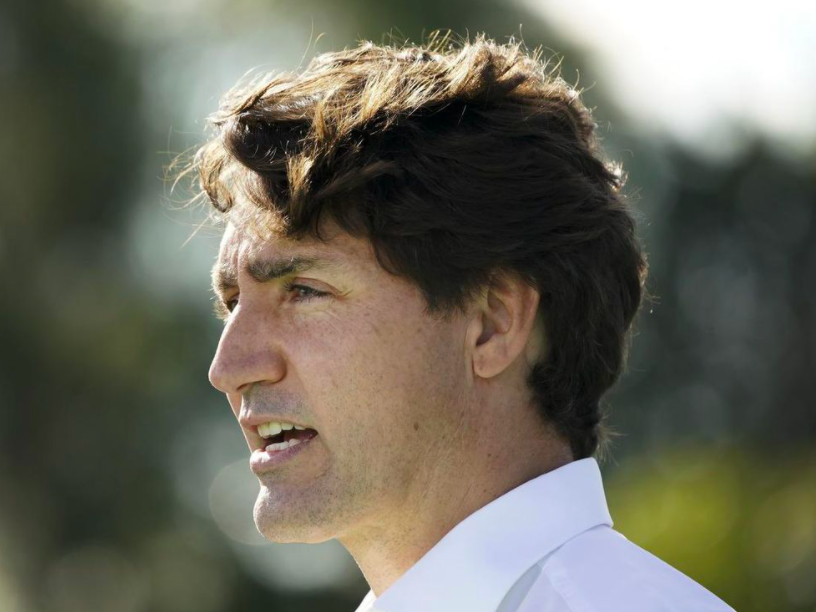Canadian medicare teeter-totters between two kinds of liberalism: classical and modern. We will never improve until we inject new ideas.
Inside the right-of-centre political parties, the classical liberals fight with the philosophical conservatives for supremacy. For the last two decades, the classical liberals have won.
If we want medicare to improve, we cannot keep using the same tired ideas. I suggest the right-of-centre political parties need to draw on classical liberalism plus conservatism.
This article published in The Hub explains what I mean and offers a concrete policy problem to start the discussion.
Enjoy!
Shawn Whatley: How to get Canada off the health-care teeter-totter
Liberalism works when you are healthy but fails when you fall ill.
Classical liberalism emphasizes autonomy, individual freedom, and free markets. These ideas have fuelled centuries of wealth and prosperity.
Modern liberalism, in contrast, pursues central decision-making and equality of outcome. Despite similar names and obvious differences, neither type of liberalism provides arguments for everything patients need.
When classical liberalism fails in patient care, it creates space for modern liberalism. Modern liberalism then applies central decision-making which creates inefficiency and bureaucracy. This in turn creates a call for efficiency, deregulation, and policy based on economic liberalism.
This seesaw creates a policy teeter-totter with each type of liberalism pumping furiously at either end.
The failure of liberalism cannot be solved by more liberalism. Only a coalition of classical liberalism plus conservatism will allow Canada off the health policy teeter-totter.
How Liberalism fails
Successful ideas explain reality and suggest solutions to life’s messiest problems. Political ideas fail when they do not reflect reality or cannot explain human experience.
Given liberalism’s dominance in Canadian politics, we should ask how it performs for patients. Does it make sense when patients need it most? Classical liberalism delivers advanced technology, therapeutics, and almost magical cures, but can it deliver care to patients?
Classical liberalism fails to fit patient care in two areas. First, it fails in trauma and acute care. Car crashes and strokes often create dependent, comatose patients. Free agents lose control, and agency passes to a third party.
An unconscious patient is not a rare or special case of information asymmetry, common in professional relationships. Unconsciousness is not a theoretical gap market thinking can overcome; it is an infinite and insuperable knowledge gap. And it occurs hundreds of times each day across Canada. …
Continue reading at The Hub.


